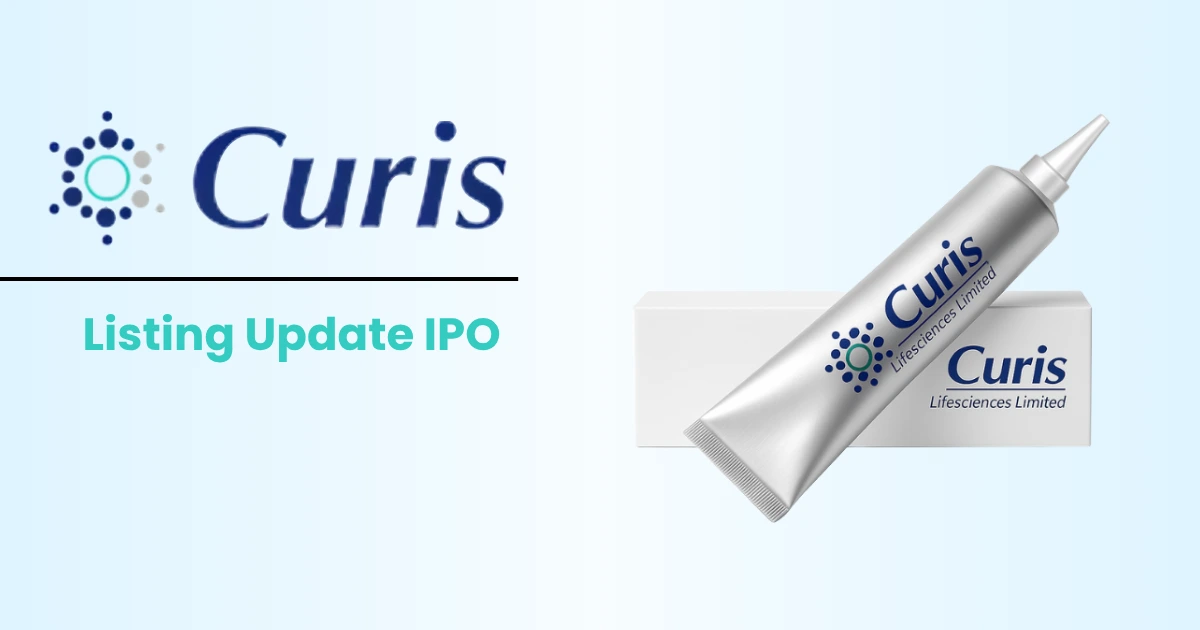CHAPTER 6: FUND DISTRIBUTION & CHANNEL MANAGEMENT PRACTICES

The fund manager could be a mutual fund manager managing a mutual fund portfolio in line with the scheme’s investment objectives.
The mutual fund distributor’s job is to assess the needs, limitations, resources and financial goals of the investor. This analysis would help the mutual fund distributor arrive at a suitable asset allocation plan for the investor.
The mutual fund distributor analyses the situation of the investor; whereas the fund manager analyses the market factors.
Different Kinds of Mutual Funds Distributors
Individual Players
NBFC’s and Stock Brokers
Banks : Distribution of MF to Accountholders
National or Regional Distributors
Modes of Distribution
| SR No. | Mode | Particular |
|---|---|---|
| 1 | Stock Exchange Platforms | SEBI has facilitated buying and selling of the units of open- ended MFs through the SE. AMCs are required to list the units of close ended & interval schemes on a SE. NSE's platform is called NMF II Platform. BSE's platform is the BSE STAR Mutual Funds Platform. |
| 2 | MF Utilities | The MFU offers a Common Transaction Form to transact in multiple schemes across participating MFs using a single form. The form can be submitted through a mutual fund distributor or to neutral Points of Service (PoS). Investors who register on the MFU are allotted a Common Account Number (CAN) under which all their MF holdings are consolidated. |
| 3 | New Age Investment Platforms | Technology-based platforms that allow investors to invest in MFs like Groww, Kuvera, Paytm money, Coin. |
| 4 | Computer-based and Mobile based apps offered by Distributors | |
| 5 | Online Channel partners |
Pre-requisites to become Distributor of a Mutual Fund
In order to be eligible to sell or market mutual funds, the following are compulsory :
1. Obtaining NISM Certification: The individual needs to pass the NISM certification examination mandated by SEBI.
2. Know Your Distributor Requirements: AMFI has introduced the KYD process to verify the correctness of the information provided in the registration documents and to have verification of the ARN holders.
3. Obtaining AMFI Registration Number: After obtaining the certification and completing KYD requirements, the next stage is to register with AMFI. On registration, AMFI allots an AMFI Registration Number (ARN).
4. Empanelment with AMCs: Armed with the ARN No., the distributor/stock exchange broker can get empaneled with any number of AMCS. Alternatively, they can become agents of a distributor who is already empaneled with AMCs. This is compulsory to be able to sell MFs.
Due Diligence Process by AMCs for Distributors of Mutual Funds
SEBI has mandated AMCs to put in place a due diligence process to regulate distributors who qualify any one of the following criteria:
Multiple point presence (More than 20 locations).
AUM raised over Rs. 100 crores across the industry in the non-institutional category but including high net worth individuals (HNIs).
The commission received of over Rs. 1 Crore p.a. across industry.
The commission received of over Rs. 50 Lakhs from a single mutual fund.
At the time of empaneling distributors and during the period i.e., review process, mutual funds/AMCs have to undertake a due diligence process to satisfy ‘fit and proper’ criteria that incorporate, amongst others, the following factors:
Distributor-wise gross inflows (indicating whether the distributor is an associate or group company of the sponsor(s) of the mutual fund).
Net inflows.
Average assets under management.
Difference between distributors and Investment Advisors
An investment advisor means any person, who for consideration, is engaged in the business of providing investment advice to clients or other persons or group of persons and includes any person who holds out himself as an investment adviser, by whatever name called; It excludes any distributor of mutual funds who is registered with an association of asset management companies of mutual funds, providing any investment advice to its clients incidental to its primary activity.
Thus, a distributor cannot call themselves an investment advisor.
The due diligence process also defines the customer relationships or transactions only in two ways, viz. advisory, or execution only. In both cases, however, the common thing for the mutual fund distributor is to see whether the product is suitable for the client or not. No third categorization of customer relationships or transactions is allowed. The distributor must perform an analysis of suitability.
Further, the MF Distributor shall not get involved in mis-selling of units of MFs as defined under SEBI (Prohibition of Fraudulent and Unfair Trade Practices relating to securities market) 2003.
Nomination facilities to Agents/Distributors and Payment of Commission to Nominee
The commissions are paid to the nominees or legal heirs (where no nominee is registered) of the deceased MFDs. Such commission shall be payable till such time the ARN code of the deceased agent/distributor is not changed by the investor. However, no new business is permitted under the ARN code of the deceased MFD.
Where nomination is not registered, the AMCs may require the legal heirs to produce necessary documents evidencing legal heirship/succession and wherever the nominees are registered, commission can be made without the requirement of legal heir certificate, succession certificate etc.
A nominee/legal heir need not be an ARN holder to claim and receive the commission.
Nominees or legal heirs are not allowed to transfer the assets to his/her account unless a specific request is received from the investors provided the nominee or legal heir is a valid ARN Holder.
Change of Distributor
Investors can choose to change their distributor or go direct. This needs to be done through a written request by the investor. In such cases, AMCs will need to comply, without insisting on any kind of ‘No Objection Certificate from the existing distributor. In such a case, the commission would not be payable to either of the distributors the old or the new.
If the change of distributor code is initiated by the investor on account of voluntary cessation of business by the distributor, the new distributor would get the trail commission.
A distributor can initiate a change in the distributor code in the folios of one’s clients on account of.
Change in the name/legal status of the distributor (converting his MF distribution business to a partnership firm, a partnership firm converting itself into LLP etc).
Merger/acquisition/consolidation/transfer of business/new code acquired within the same group in case of non-individual distributors.
Transfer of AUM consolidation initiative within the same family/close relatives in case of individual distributors.
Transfer of business by individual distributors.
CHAPTER 1: Investment Landscape
CHAPTER 2 : Concept And Role Of A Mutual Fund
Chapter 3: Legal Structure Of Mutual Funds In India
Chapter 4: Legal And Regulatory Framework
Chapter 5: Scheme Related Information
Chapter 6: Fund Distribution & Channel Management Practices
Chapter 7: Net Asset Value, Total Expense Ratio & Pricing Of Units
Chapter 10 : Risk, Return And Performance Of Funds
Chapter 11 : Mutual Fund Scheme Performance
Chapter 12 : Mutual Fund Scheme Selection































